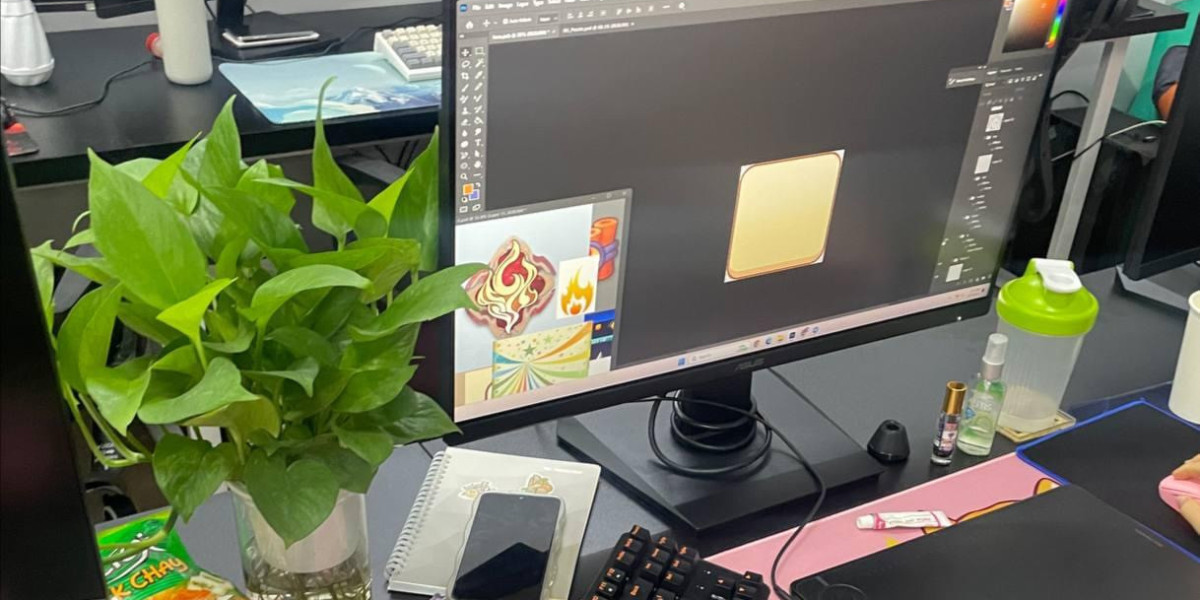By Nita Bhalla
KITUI, Kenya, June 6 (Thomson Reuters Foundation) - Kenyan farmer Abel Mutie Mathoka thought it should be a joke when he was told he could water his drought-hit crops more inexpensively, easily and efficiently utilizing a pump fuelled by cotton waste.

"Who could think it's possible to make a fuel much better than diesel from cotton seeds? I didn't!" chuckled Mathoka, bending down to examine the watermelons on his 10-acre (four-hectare) shared plot in Ituri village in Kenya's southeast Kitui county.
"But it works," he said, strolling over to a close-by tree and plucking a big green pawpaw. "Irrigation with this biodiesel water pump has actually helped me get greater yields, specifically throughout drought durations."
Mathoka stated his profits had actually doubled in the two years he has been pumping water using biodiesel, which is both more efficient and 20 shillings ($0.20) per litre cheaper than regular diesel.
The biodiesel he is using is not simply excellent news for him - it is also excellent news for the world.
Unlike most biofuels, which are derived from crops such as maize, sugarcane, soybean, rapeseed and jatropha, it is made from a by-product of the cotton-making process.
That implies that as well as being cleaner and cheaper than routine fuel, it is more sustainable than other biofuels because no additional land is required to produce it.
From Brazil to Indonesia, the rush to cultivate biofuel crops has driven forest neighborhoods off their land and pushed farmers to switch from crops-for-food to more successful crops-for-fuel - worsening food scarcities.
"Our biodiesel originates from squashing cotton seeds left over as waste after ginning - the procedure of separating the seeds from raw cotton," stated Taher Zavery, managing director of Zaynagro Industries Ltd, the Kitui-based business producing the biodiesel.
"We started producing and utilizing it to power our cotton ginning factory in 2011. With increased production, we now use it for our trucks, sell it to the United Nations to run a few of their buses - and also to local farmers for watering."
More than 1,200 farmers in Kitui have so far bought biodiesel pumps for irrigation as part of an effort released by Zaynagro in 2015, stated Zavery.
DRY RIVER BEDS
Climate modification is taking a toll throughout east Africa and progressively erratic weather condition is becoming commonplace in nations such as Kenya, Somalia, Uganda and Ethiopia, leading to lower rainfall.
The recurring droughts are damaging crops and pastures and are starving animals - pushing millions of individuals in the Horn of Africa to the brink of severe cravings.
The number of Kenyans in need of food aid in March rose by practically 70 percent over a duration of 8 months to 1.1 million, largely due to poor rains, according to federal government figures.
With practically half Kenya's 47 counties stated to have a severe lack of rain, humanitarian firms are cautioning of increased hunger in the months ahead.
"Only light rainfall is forecast through June ... and this is not expected to reduce dry spell in affected areas of Kenya and Somalia," stated the Famine Early Warning Systems Network in its newest report.
"Well below-average crop production, bad animals body conditions, and increased regional food rates are prepared for, which will reduce bad homes' access to food."
In Kitui's Kyuso location, the indications are currently evident.
Rivers, water pans and dams are drying up as an outcome of the prolonged dry spell.
Villagers grumble of trekking longer distances - often more than 10 km (6 miles) with their donkeys packed with empty jerry cans looking for water.
Small-scale farmers, the majority of whom depend on rain-fed agriculture, go over strategies to offer their goats to make ends satisfy if the harvest is bad.
BATTLING DROUGHT WITH BIODIESEL
But not all Kitui's farmers are fretted.
A little however growing number are shedding their concern of dependence on the weather - and investing in irrigation systems powered by Zaynagro's cotton seed biodiesel through a pay-as-you-go scheme introduced more than 3 years back.
Neighbouring farmers band together to buy the watering system - which consists of the biodiesel pump, 12 metres of pipes and 10 litres of biodiesel - at expenses starting from 32,000 shillings, depending on the size of the pump.
The farmers make an initial payment, then pay interest-free regular monthly instalments till the overall is paid off. They purchase the biodiesel to run the pumps from Zaynagro at 80 shillings a litre.
Farmer Alex Babu Kitheka, 39, stated the biodiesel pump permitted him to irrigate a larger portion of his one-acre plot, where he grows a variety of veggies including maize, tomatoes, spinach and sweet potatoes.
"With a diesel pump, maize yields were lower and I would get 15,000 shillings in 3 months. With the biodiesel pump, I can make 45,000 shillings," stated Alex Babu Kitheka, standing near his plot in Ilangilo town, 40 km (25 miles) from Kitui town.
CIRCULAR ECONOMY
Other farmers indicate the scheme as a significant benefit in helping enhance their output.
"The instalment plan is good. Most farmers do not have the cash and can not quickly get a loan to buy a pump like this," stated Maurice Kitheka Munyoki, 41, as he stood next to his blue biodiesel pump.
"Having a plan like this helps us a lot. Our yields are great which suggests we can settle the cost of the pump slowly in little quantities, and have money left over to pay the school costs."
Zaynagro's initiative is still in its early phases, with few farmers having repaid the complete cost of the pumps.
But such biofuel schemes are appealing since they develop a circular economy by turning waste to biofuel for revenue, stated Sanjoy Sanyal, senior associate for Clean Energy Finance at the World Resources Institute.
The simpleness of the design - easy-to-use, robust innovation, ensured supply of biodiesel integrated with a pay-as-you-go scheme - might assist energize rural Africa, he stated.
"There is a mosaic of sustainable energy options on the planet. The essential issue is checking concepts and approaches in a collaborative style," stated Sanyal.

"Other cotton ginning factories in the region should attempt and gain from this experiment. Financial institutions ought to start explore loans to groups of farmers. International donors and investors require to support experimentation."
($1 = 101.3000 Kenyan shillings) (Reporting by Nita Bhalla @nitabhalla, Editing by Claire Cozens. Please credit the Thomson Reuters Foundation, the charitable arm of Thomson Reuters, that covers humanitarian news, females's and LGBT+ rights, human trafficking, home rights and environment modification. Visit http://news.trust.org)







